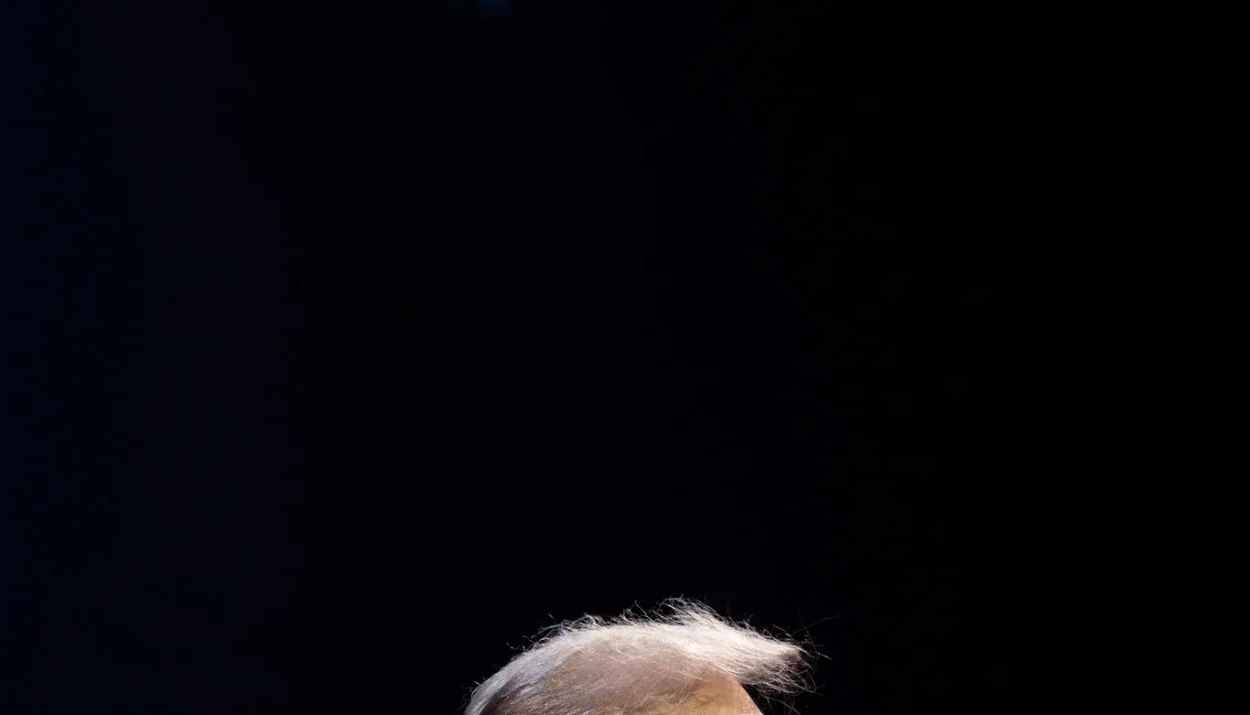President Trump says ending tariffs would “destroy” the US, but analysts argue a court ruling could act like a corporate tax cut — freeing firms from billions in costs and even refunding tariff revenues.
President Trump is raising alarm over the Supreme Court’s looming decision on whether his wide-ranging tariffs are legal, warning that their cancellation would “literally destroy” the United States and reduce it to a “third-world nation.”
Economists see it differently. Many compare a potential ruling against the tariffs to a corporate tax cut, noting that American firms have borne much of the costs through thinner profit margins, lower investment, and restrained hiring. Ending the levies could deliver tens of billions in relief, both through lower import taxes going forward and refunds of revenue already collected.
“You would be undoing a tax increase, and you would provide relief to lots of businesses and consumers,” said Alex Durante, senior economist at the Tax Foundation.
Who pays the tariffs?
The debate over who shoulders the burden has dominated this year. Trump insists foreign companies cut prices to offset the duties, while economists broadly agree US firms and consumers are the ones paying. Evidence shows companies split the costs — absorbing part of it in margins while passing the rest to consumers through higher prices.
General Motors alone has projected tariffs will cost the automaker $5 billion this year. Monthly inflation reports also show price pressures linked to tariffs. Analysts warn that as margins compress, businesses may hold off on hiring, wage hikes, or investment. The August jobs report showed just 22,000 new positions added, highlighting early labor market strain.
Relief or temporary reprieve?
If the court strikes down the tariffs, companies would enjoy a financial windfall — effectively a refund on past payments. But the long-term benefit may be uncertain. Trump could invoke other legal authorities to reinstate trade barriers, and businesses may remain hesitant to expand until trade policy stabilizes.
Markets may also feel ripple effects. Bond investors have assumed tariff revenues would help narrow the deficit; returning that money could shift fiscal expectations.
Still, the immediate impact would be meaningful for corporate America. Analysts say companies are unlikely to cut prices even if they get refunds, but the cash could strengthen balance sheets or be used for promotions.
“You could envision a corporate strategy of saying, ‘We just got a bunch of tariff refunds; we’re having a tariff refund sale,’” said Scott Lincicome of the Cato Institute. “But companies don’t like to lower prices once they’ve gone up.”
The bigger picture
For Republicans, the case has exposed a philosophical split: Trump frames tariffs as a national security tool, while economists describe them as a tax increase that weakens growth. Whether the Supreme Court sides with Trump or against him, the decision will reshape the debate over how much tariffs cost the US economy — and who truly pays the price.
Disclosure: This article does not represent investment advice. The content and materials featured on this page are for educational purposes only.
France’s Government Collapses — What Moved in Markets and What’s Next
The Big Question: Are Crypto ETFs About to Explode?
ETF Boom or Bubble? US Now Has More ETFs Than Stocks as Retail Piles In
Bitcoin ETFs Surge on Trump Election Prospects, Market Braces for Volatility










